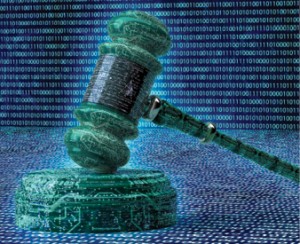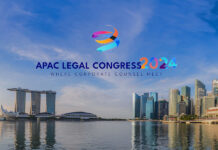In Harpal Singh (Chhota) v State of Punjab, the Supreme Court has held that secondary evidence in the form of electronic records cannot be admitted in evidence unless a certificate under section 65B(4) of the Evidence Act, 1872, is produced.
This section requires the production of a certificate that is issued by a senior person responsible for the computer on which the electronic record was created, or is stored. The certificate must uniquely identify the original electronic record, describe the manner of its creation, describe the device that created it, and certify compliance with the technological conditions of section 65B(2) of the Evidence Act.

You must be a
subscribersubscribersubscribersubscriber
to read this content, please
subscribesubscribesubscribesubscribe
today.
For group subscribers, please click here to access.
Interested in group subscription? Please contact us.
你需要登录去解锁本文内容。欢迎注册账号。如果想阅读月刊所有文章,欢迎成为我们的订阅会员成为我们的订阅会员。
The dispute digest is compiled by Bhasin & Co, Advocates, a corporate law firm based in New Delhi. The authors can be contacted at lbhasin@bhasinco.in or lbhasin@gmail.com. Readers should not act on the basis of this information without seeking professional legal advice.


























